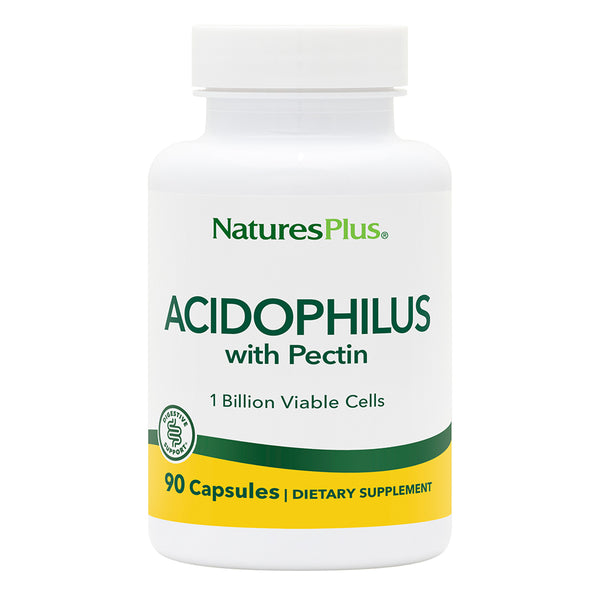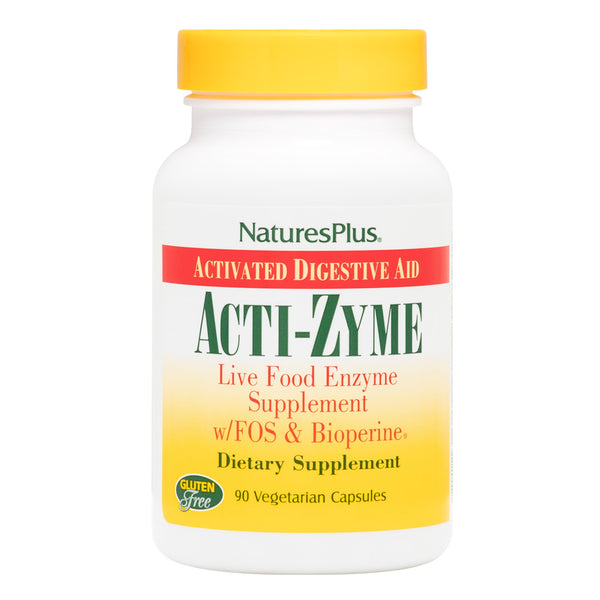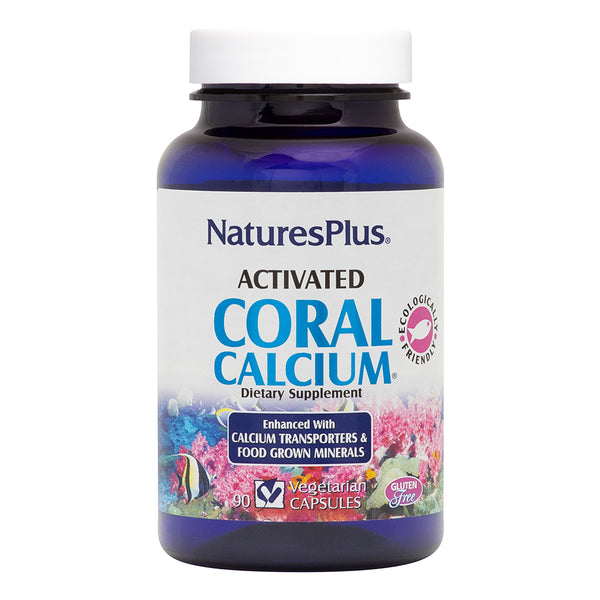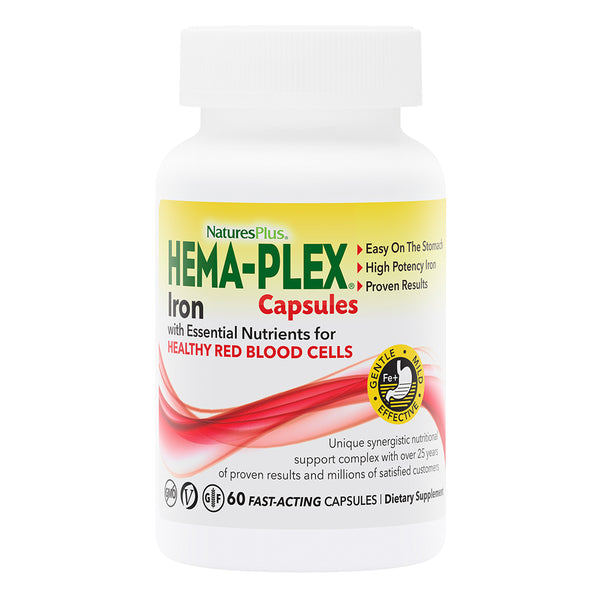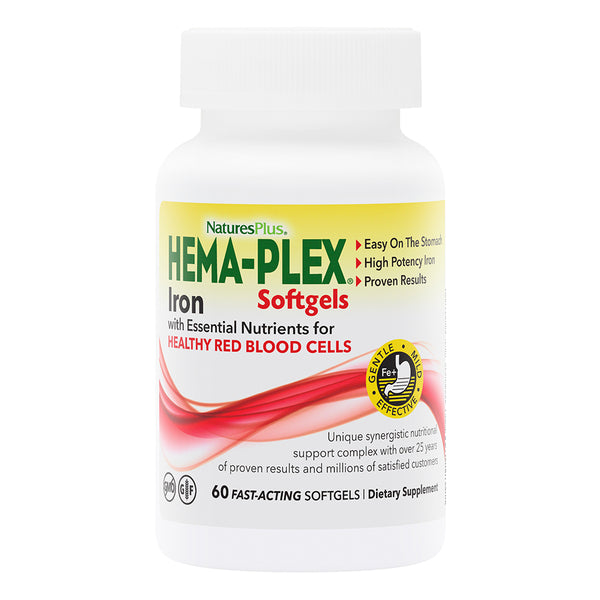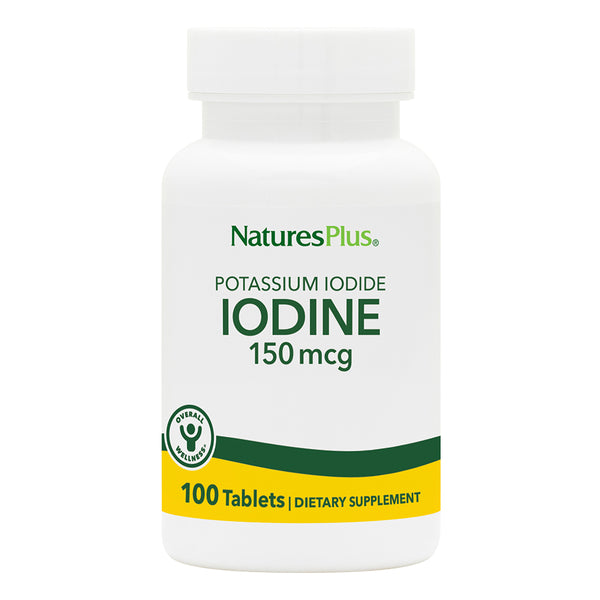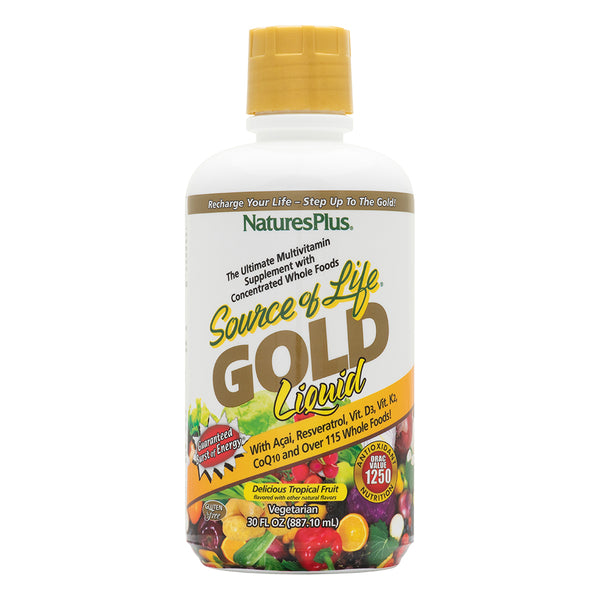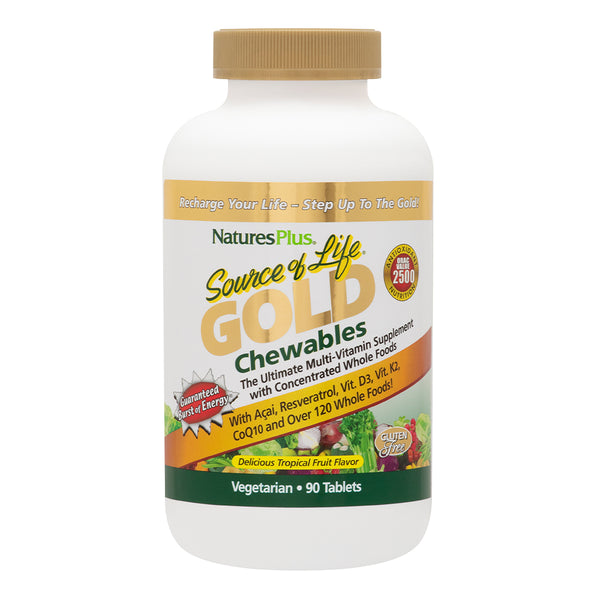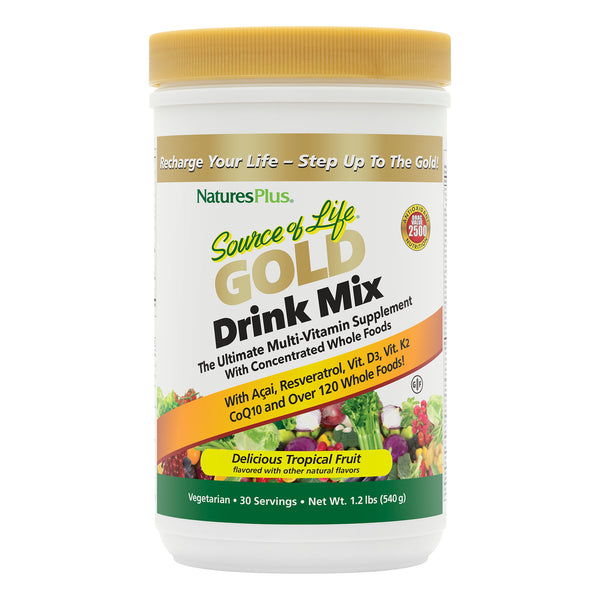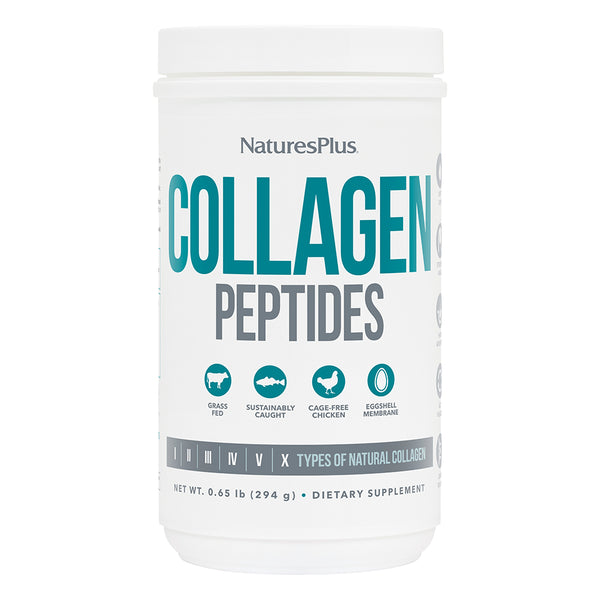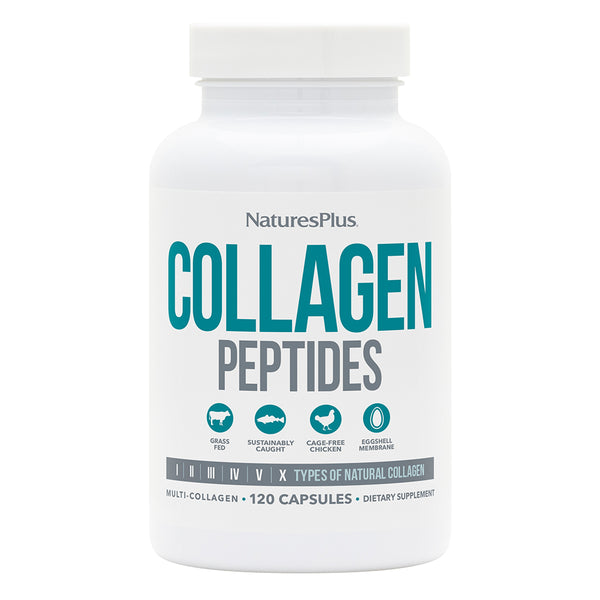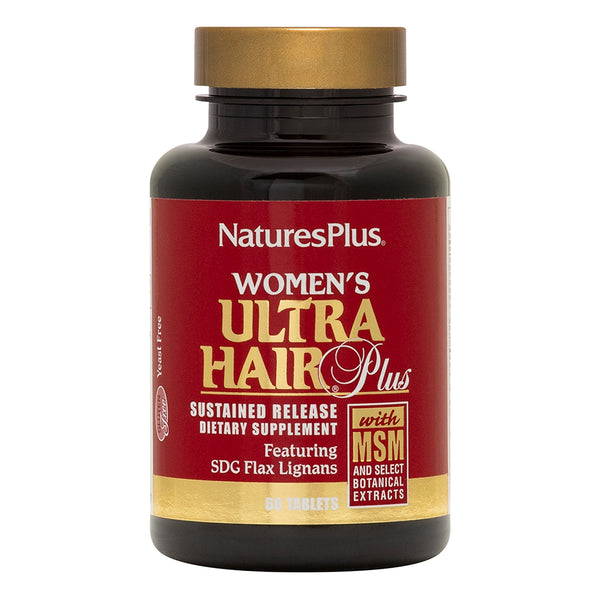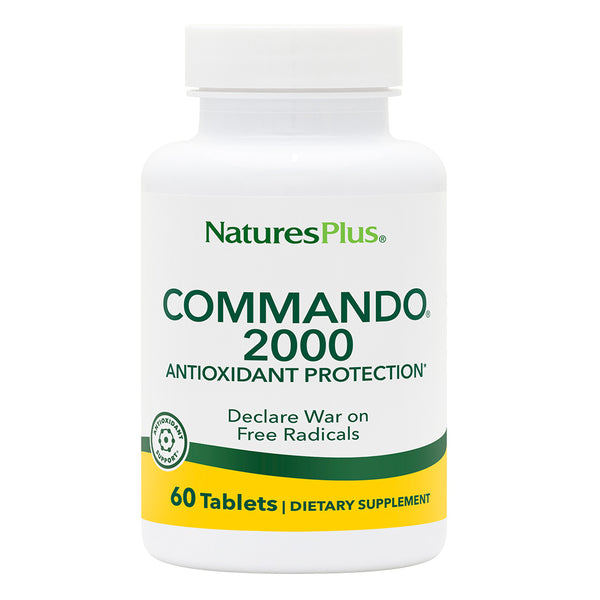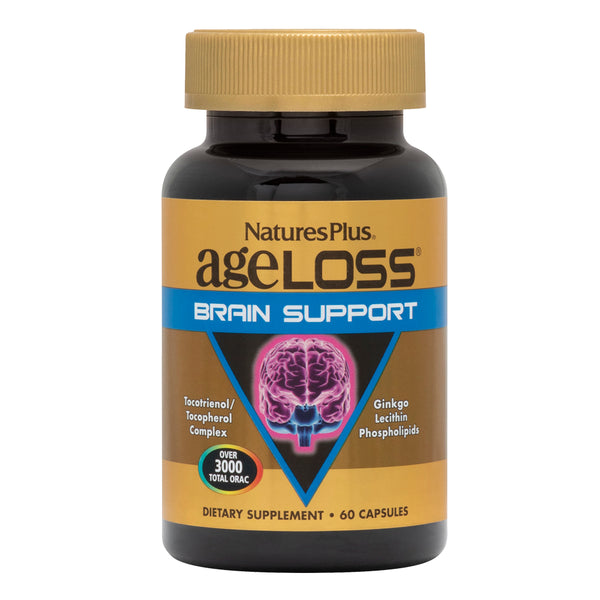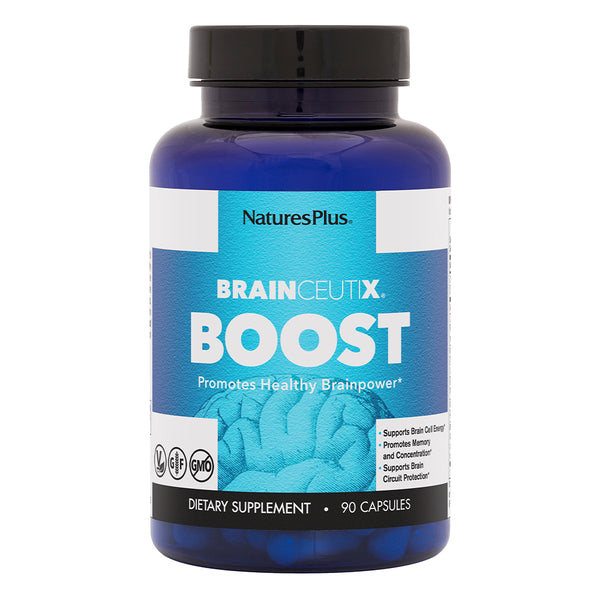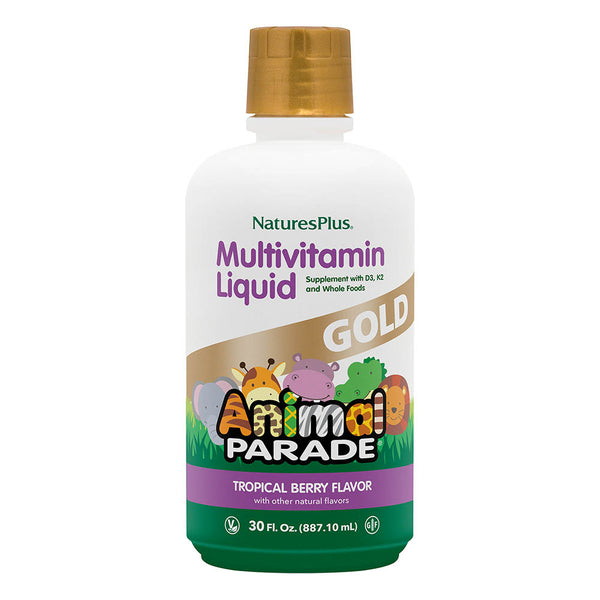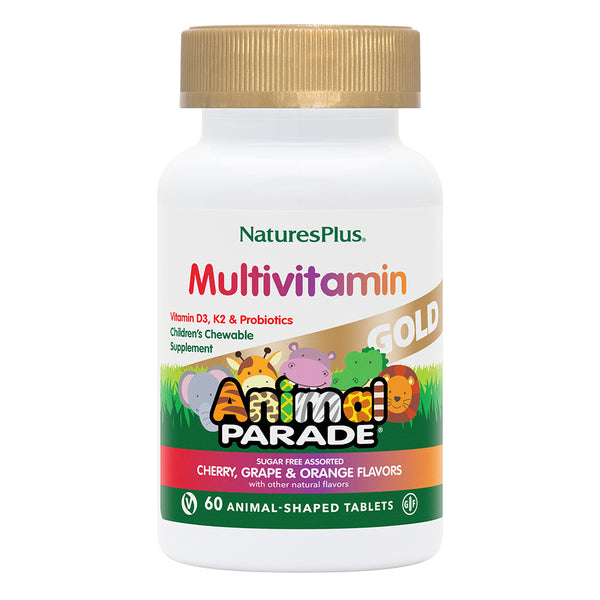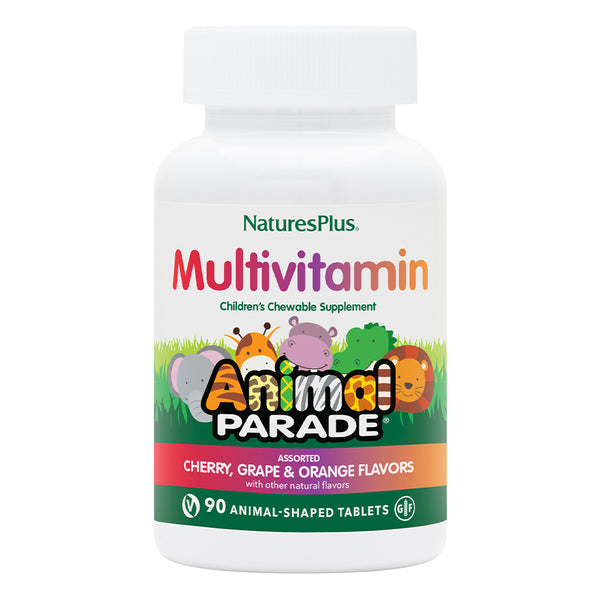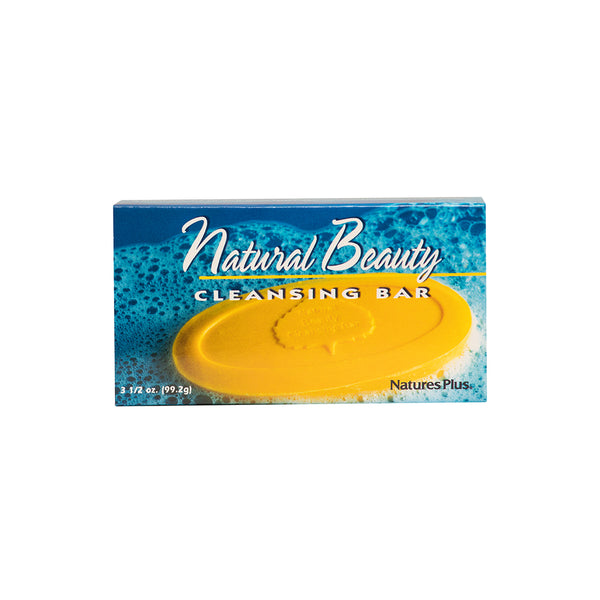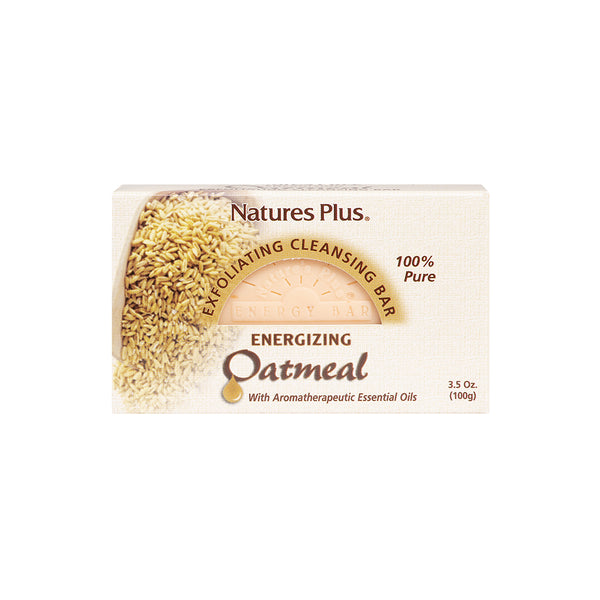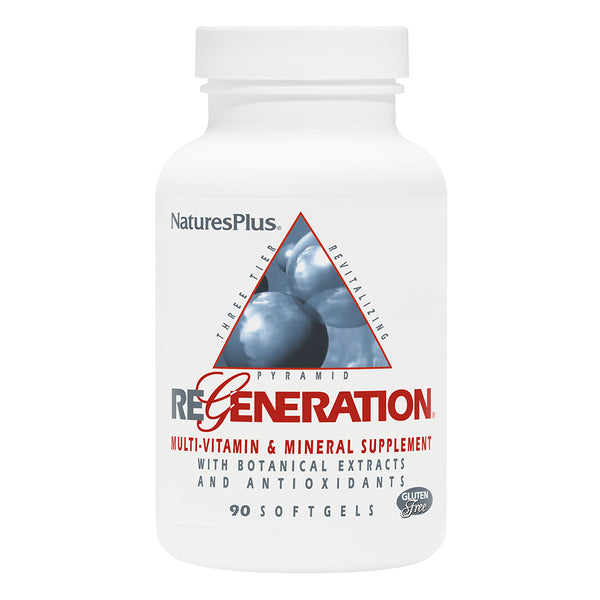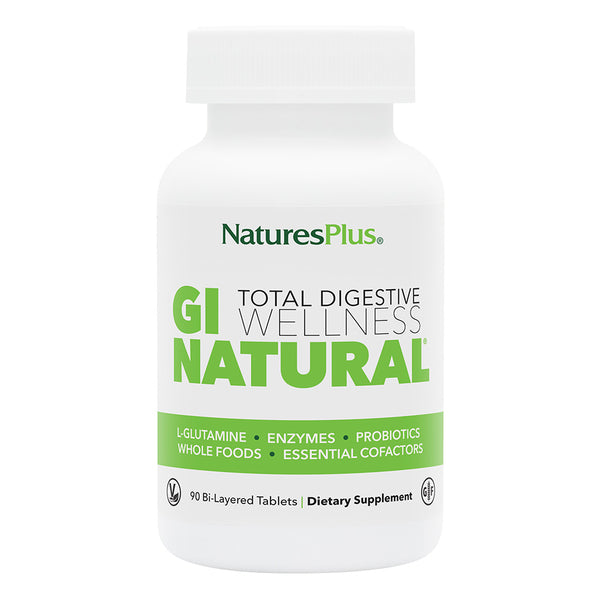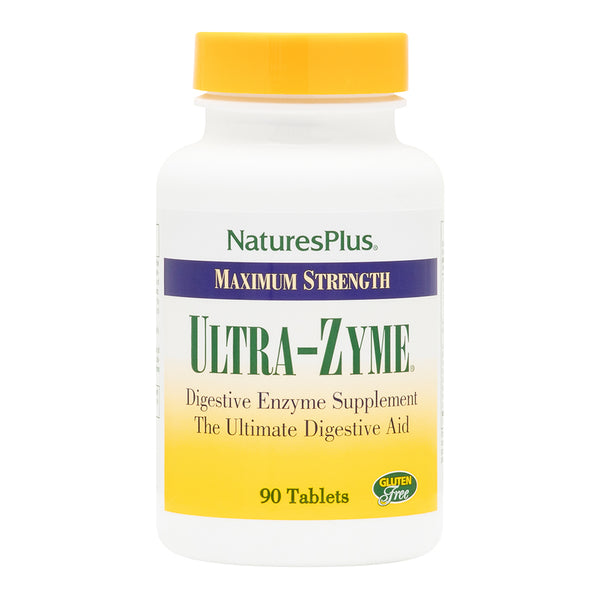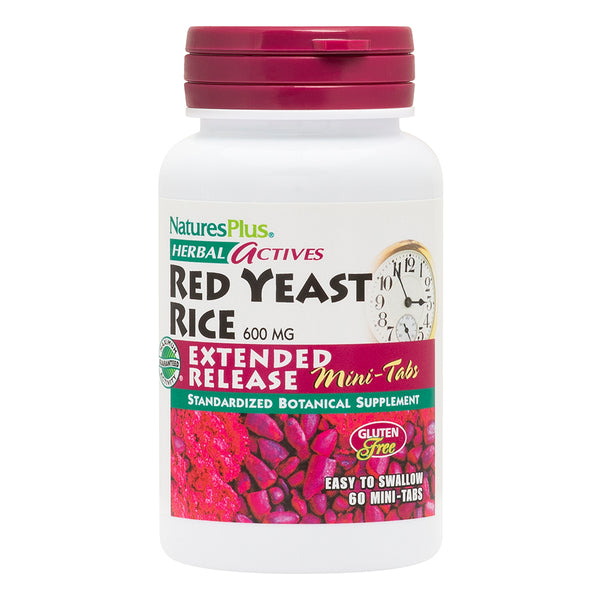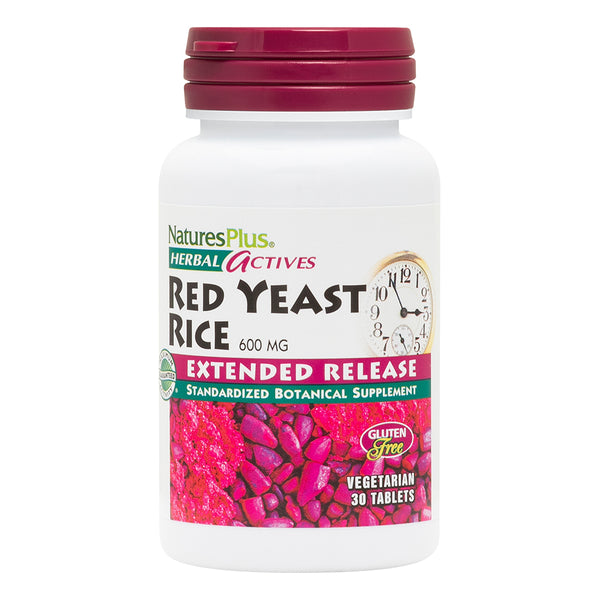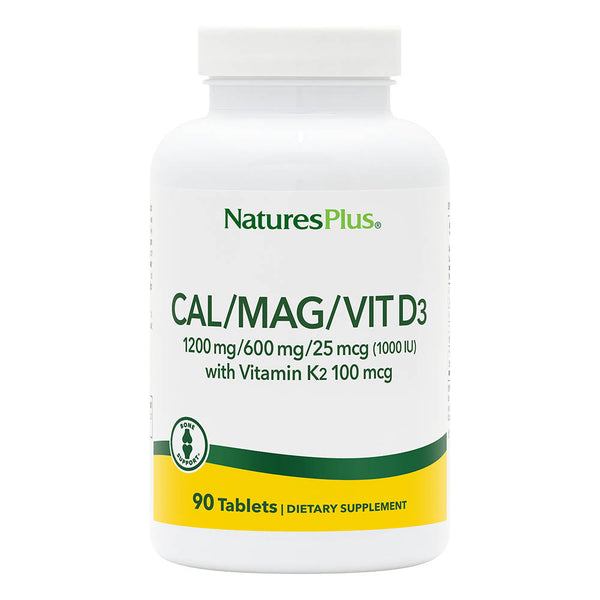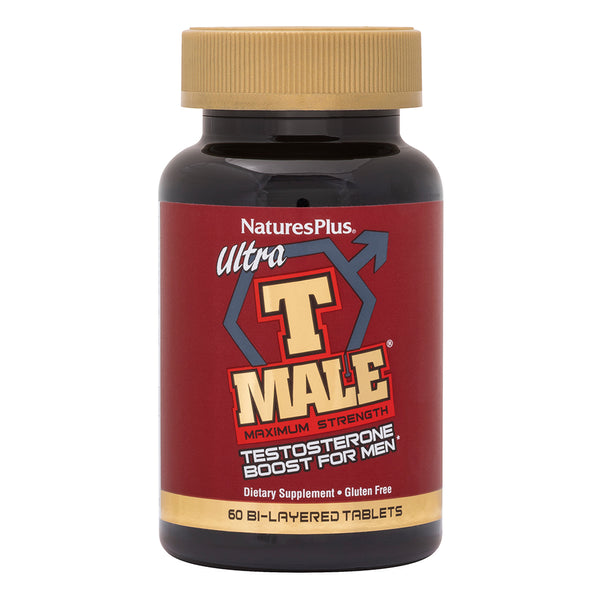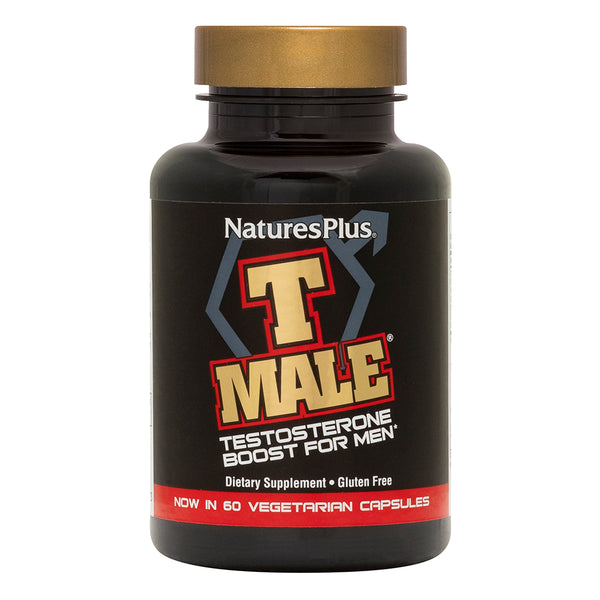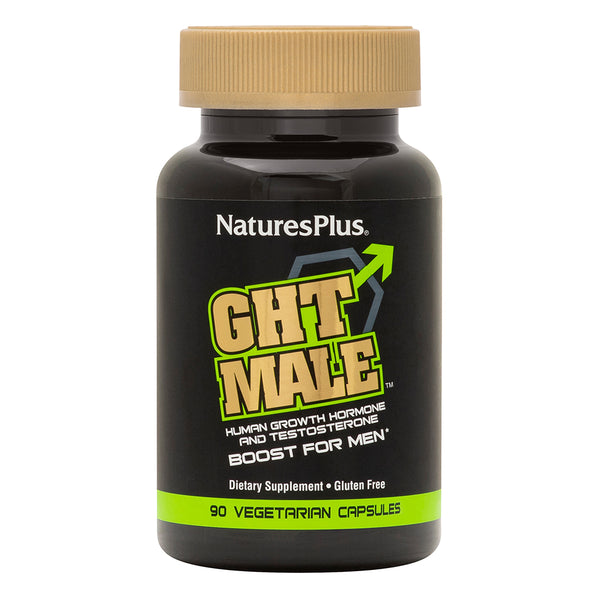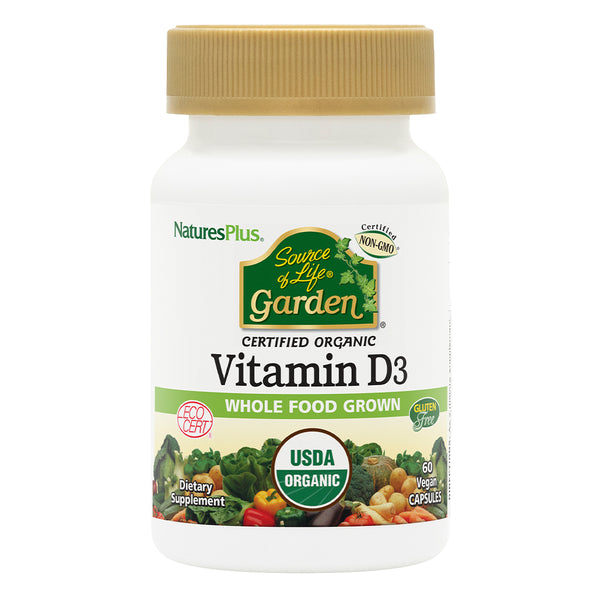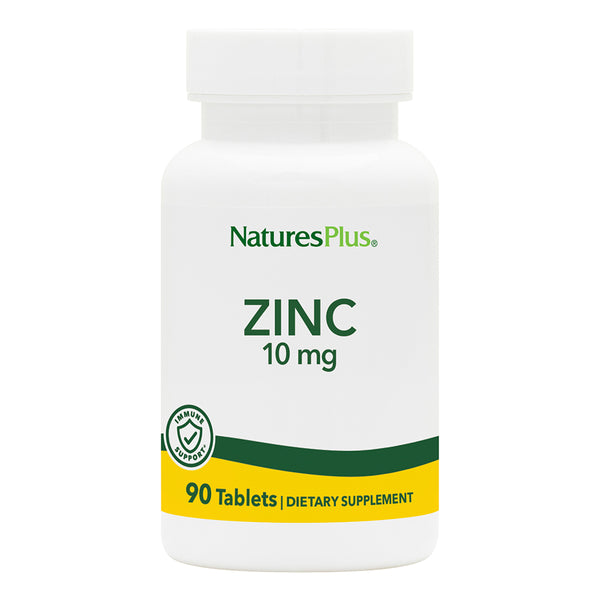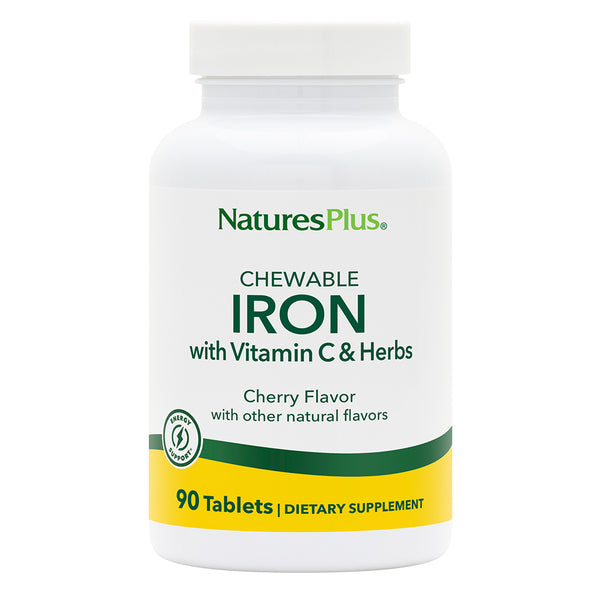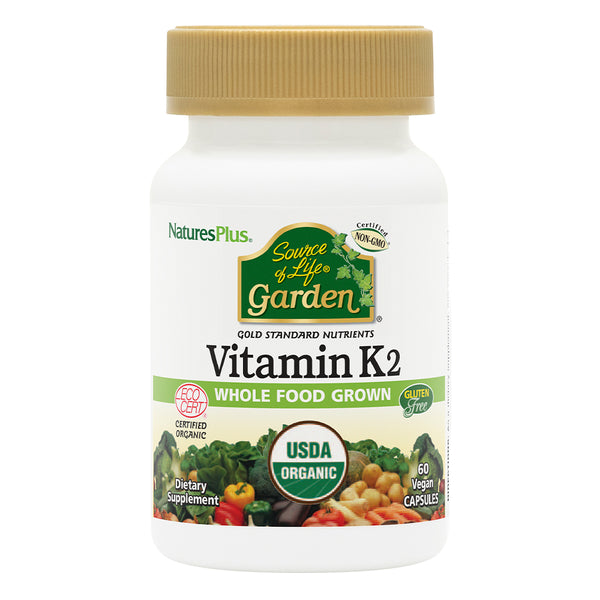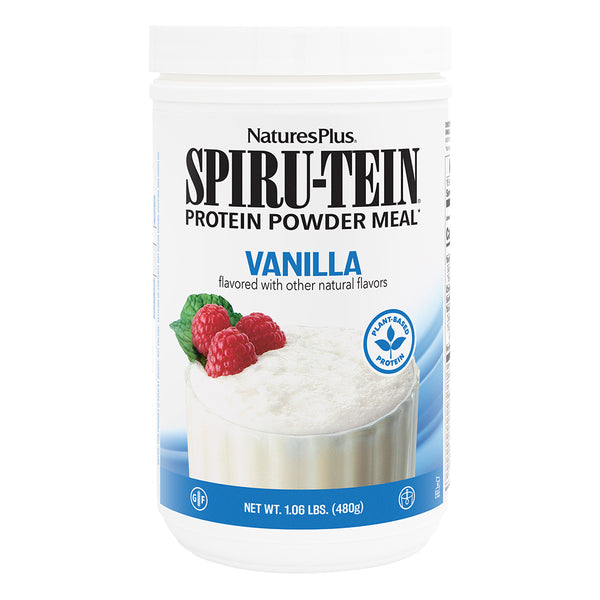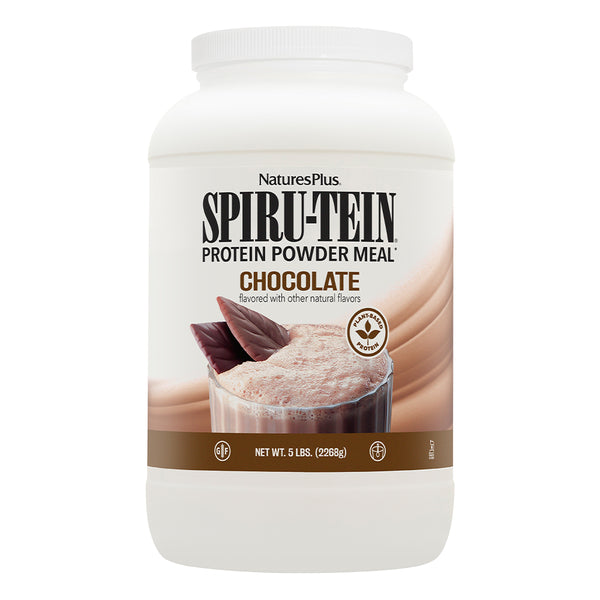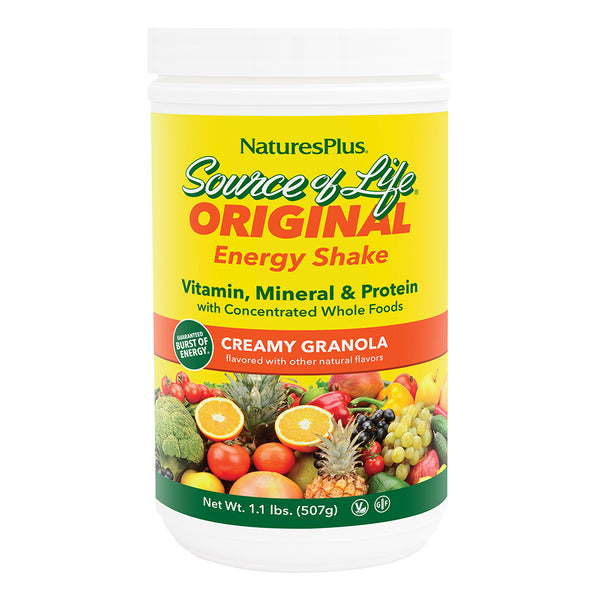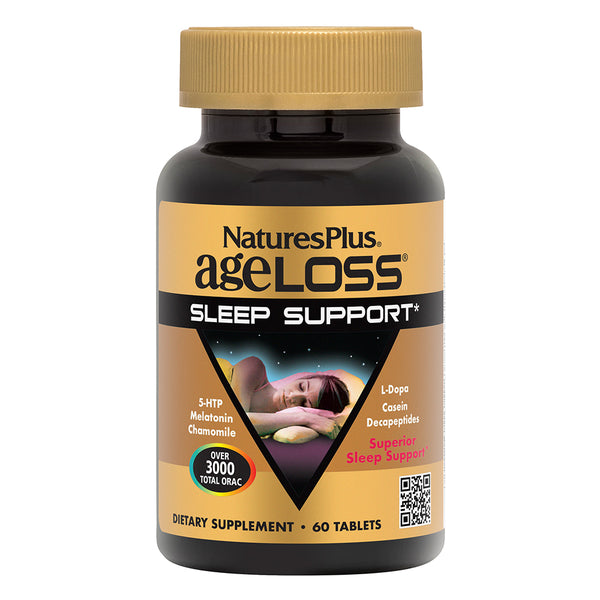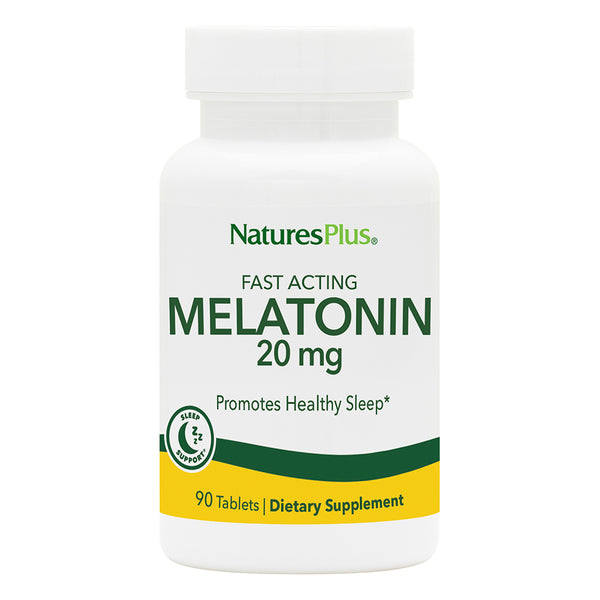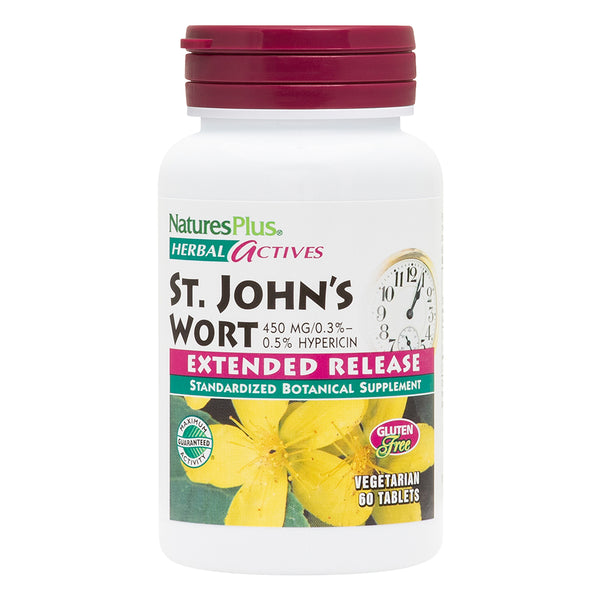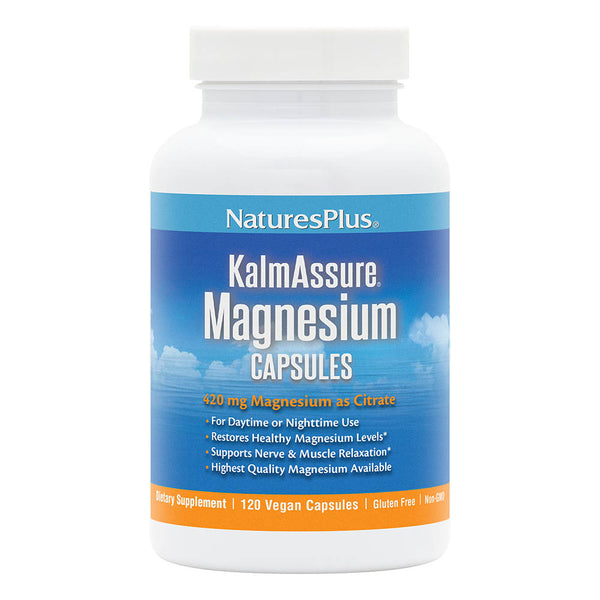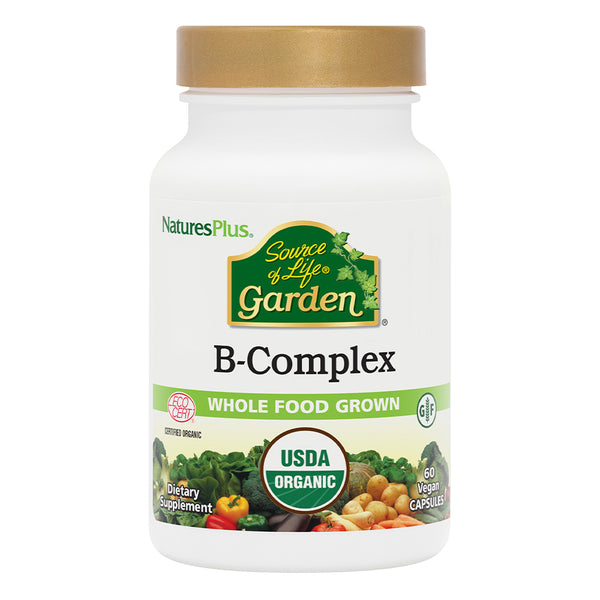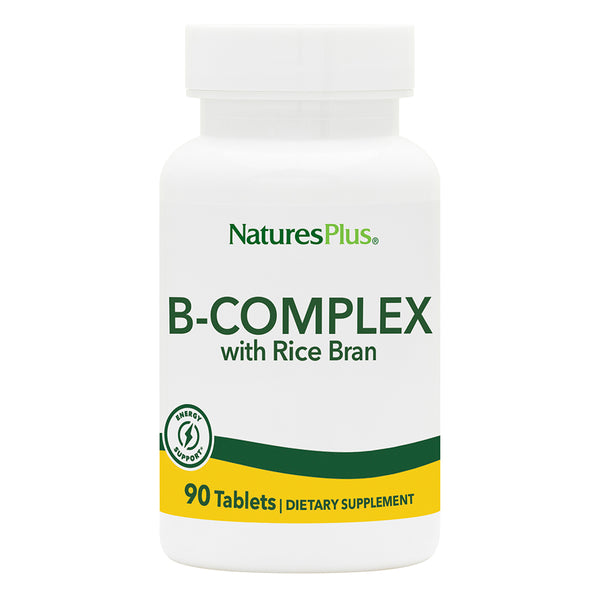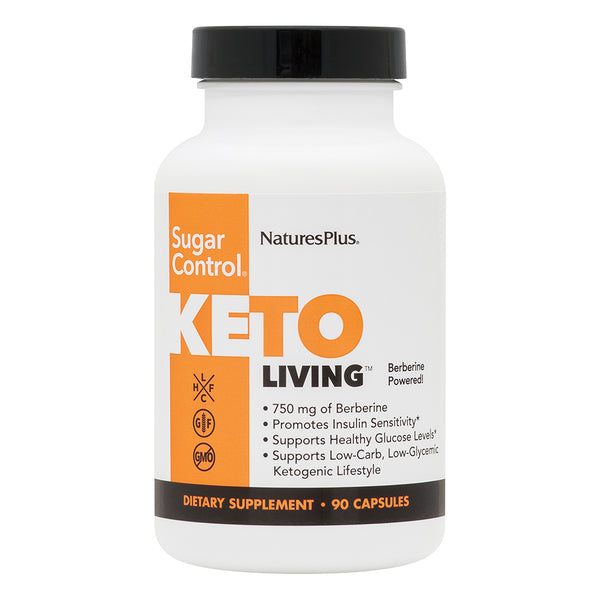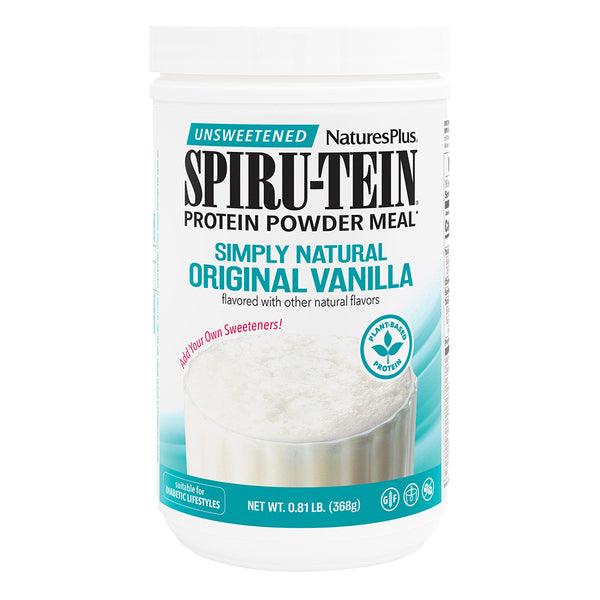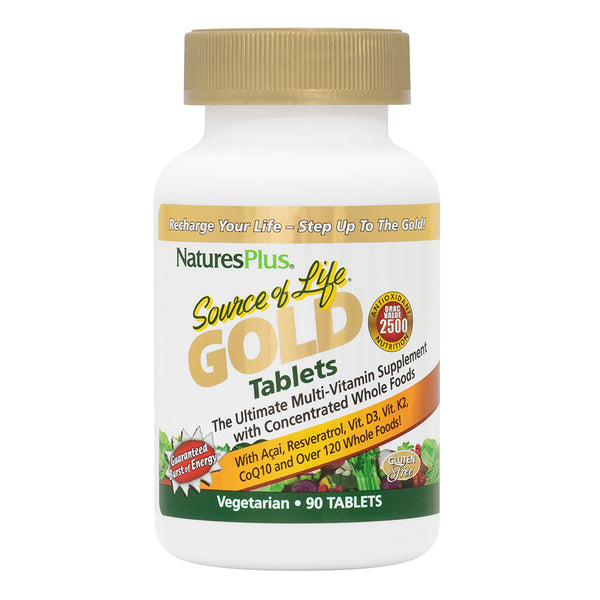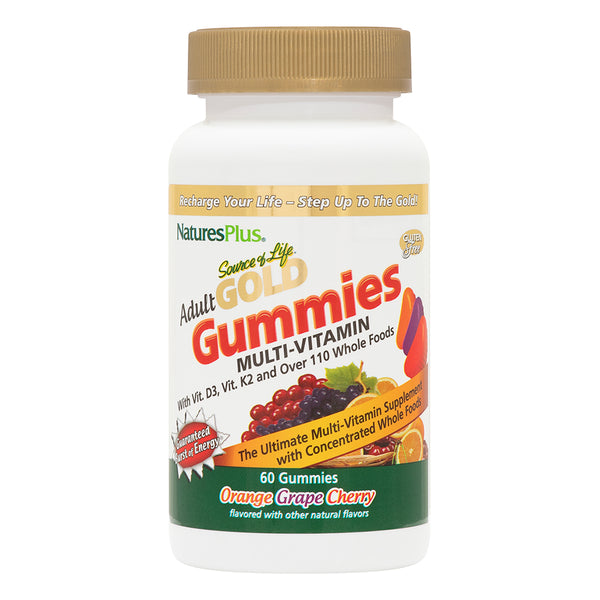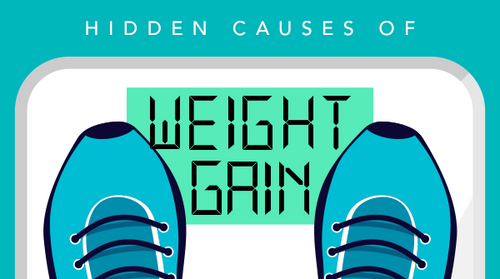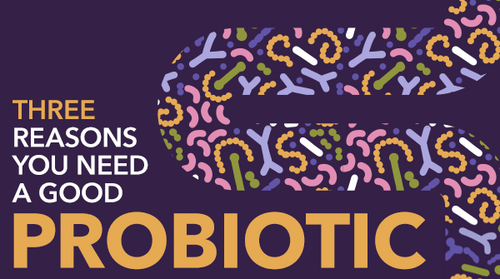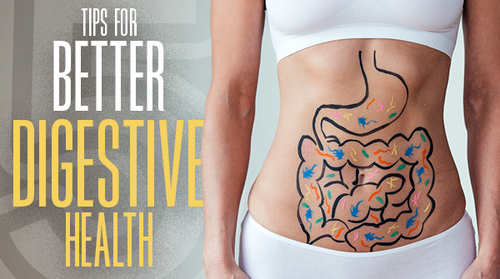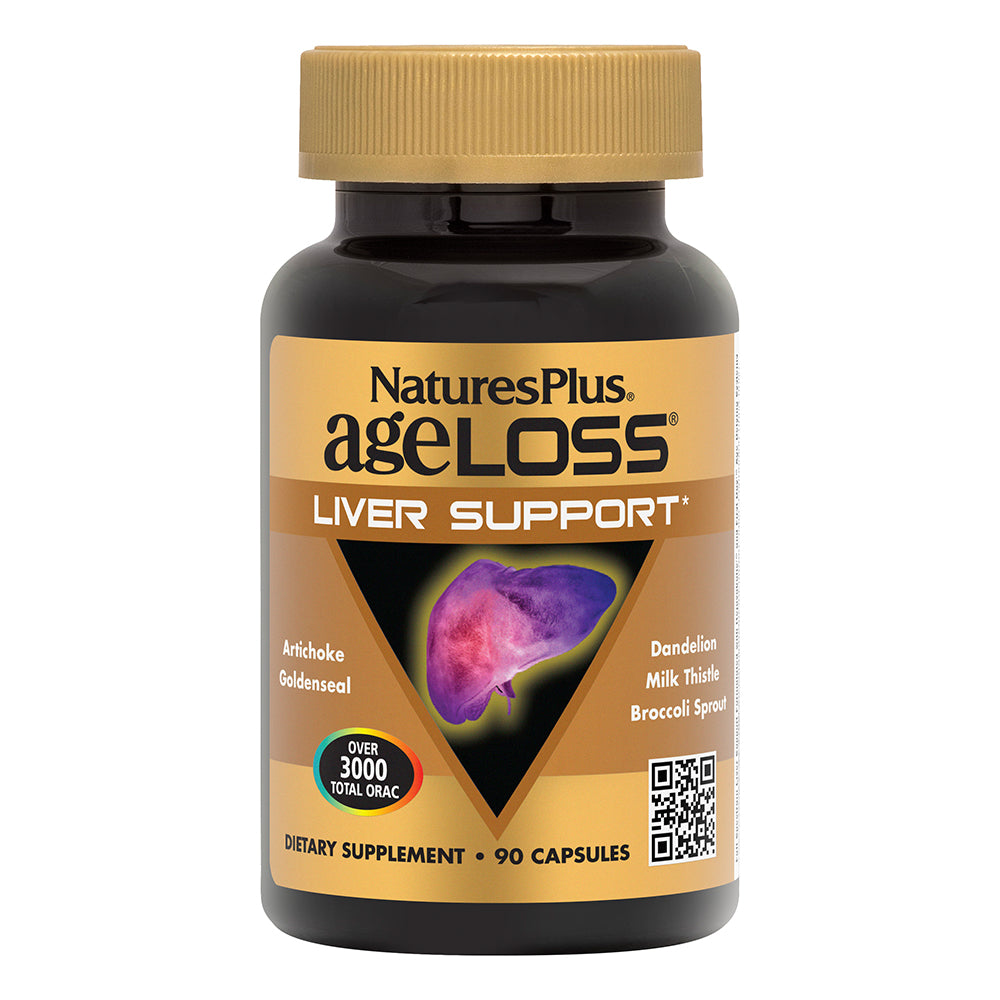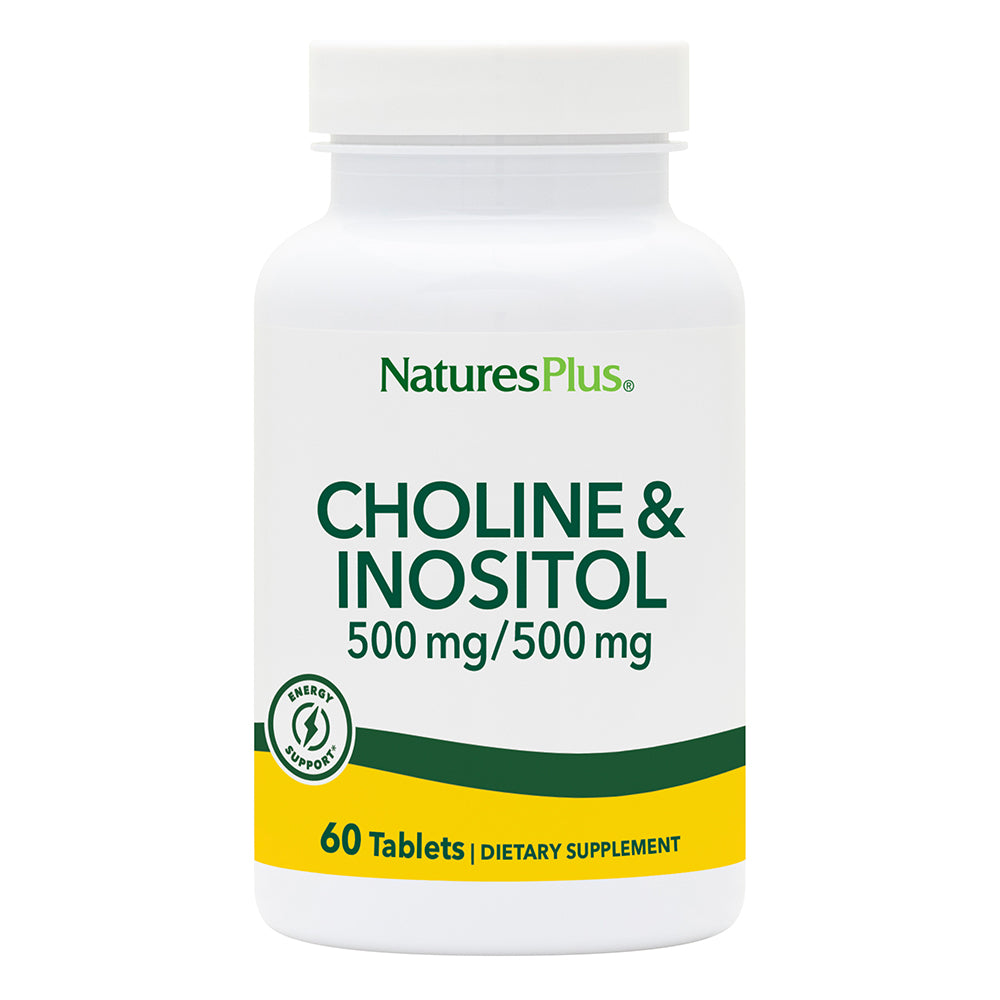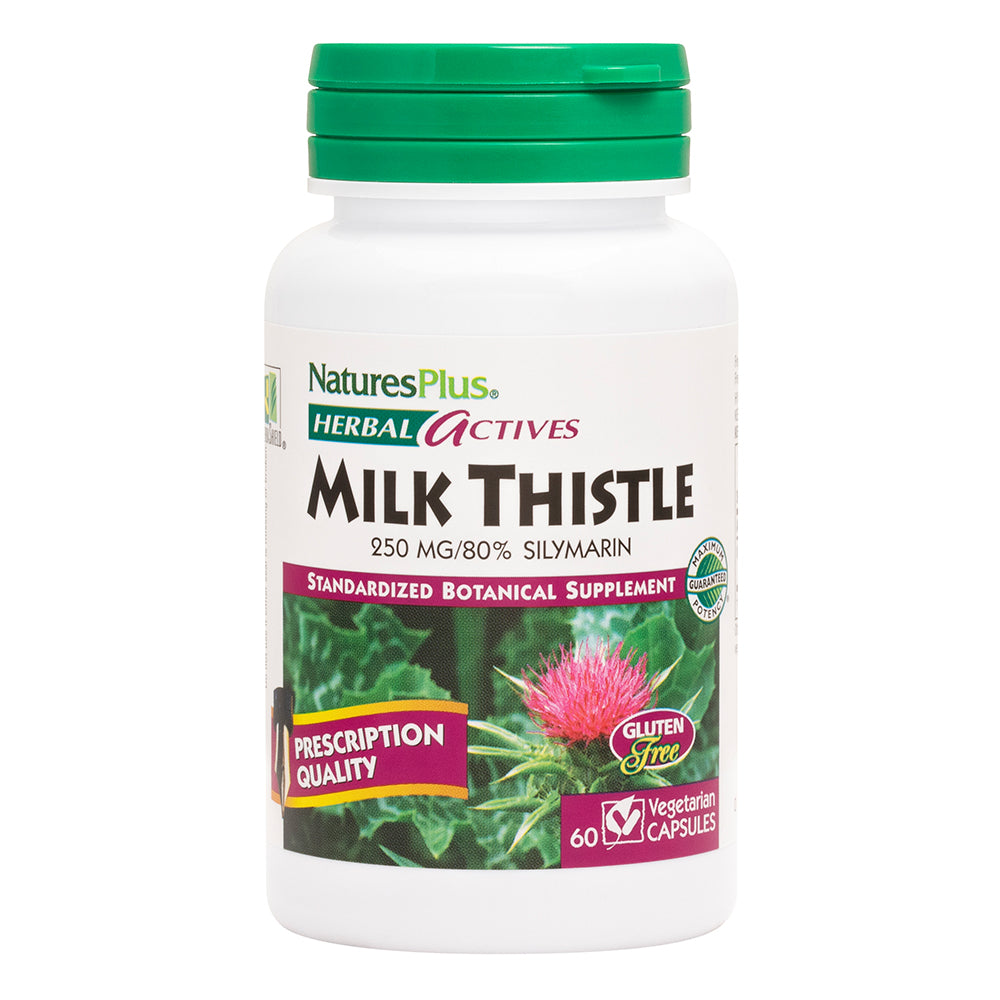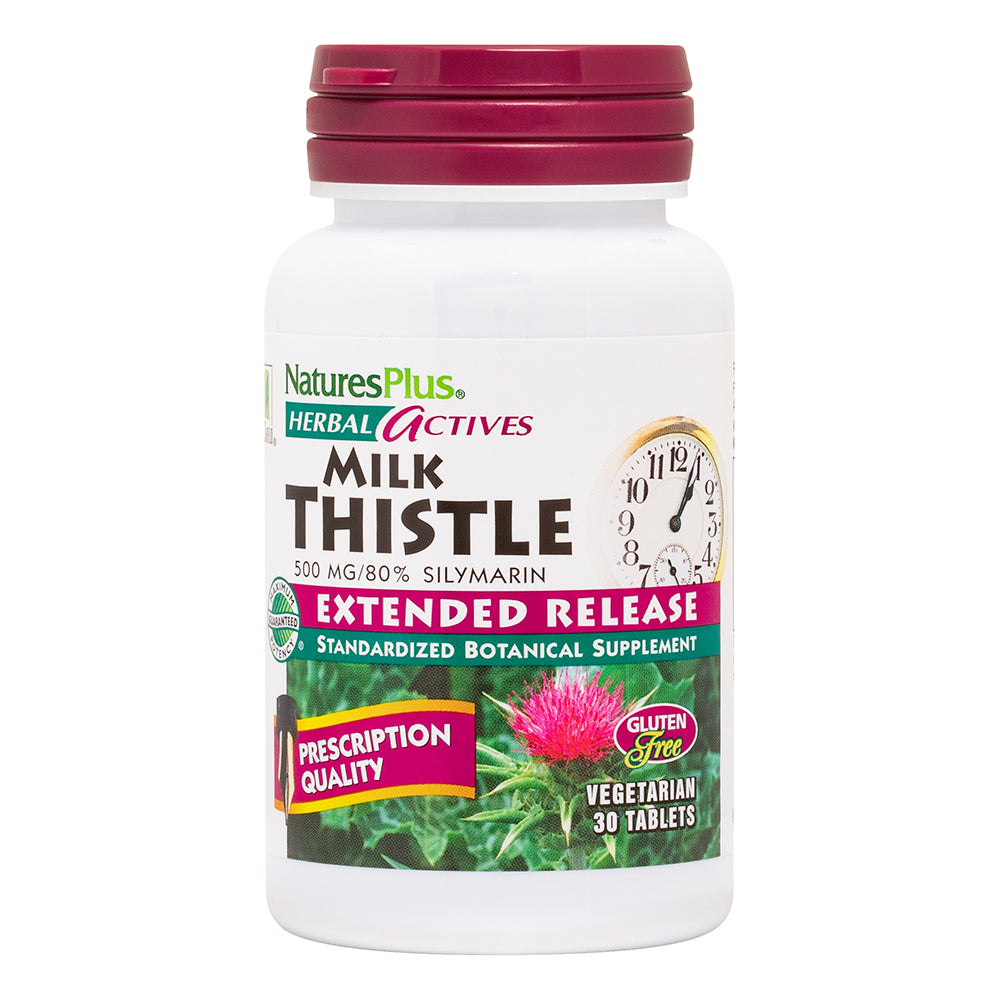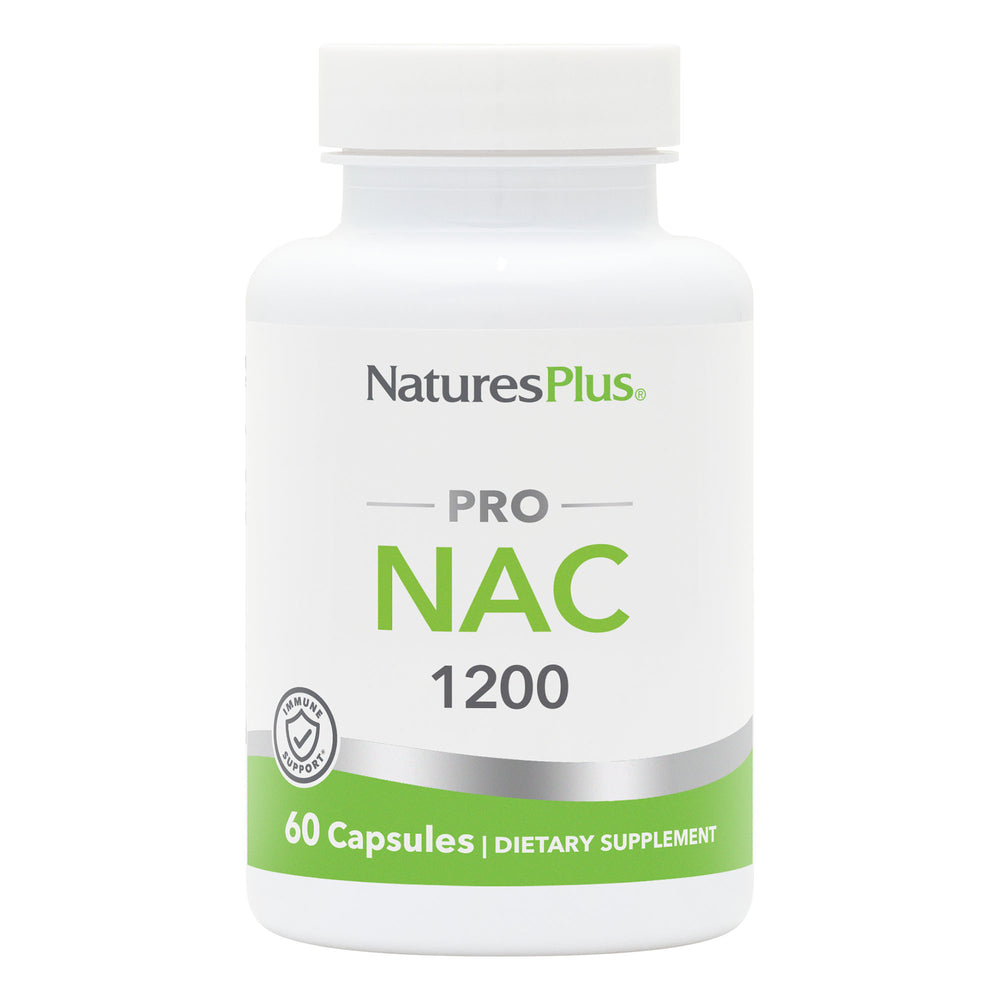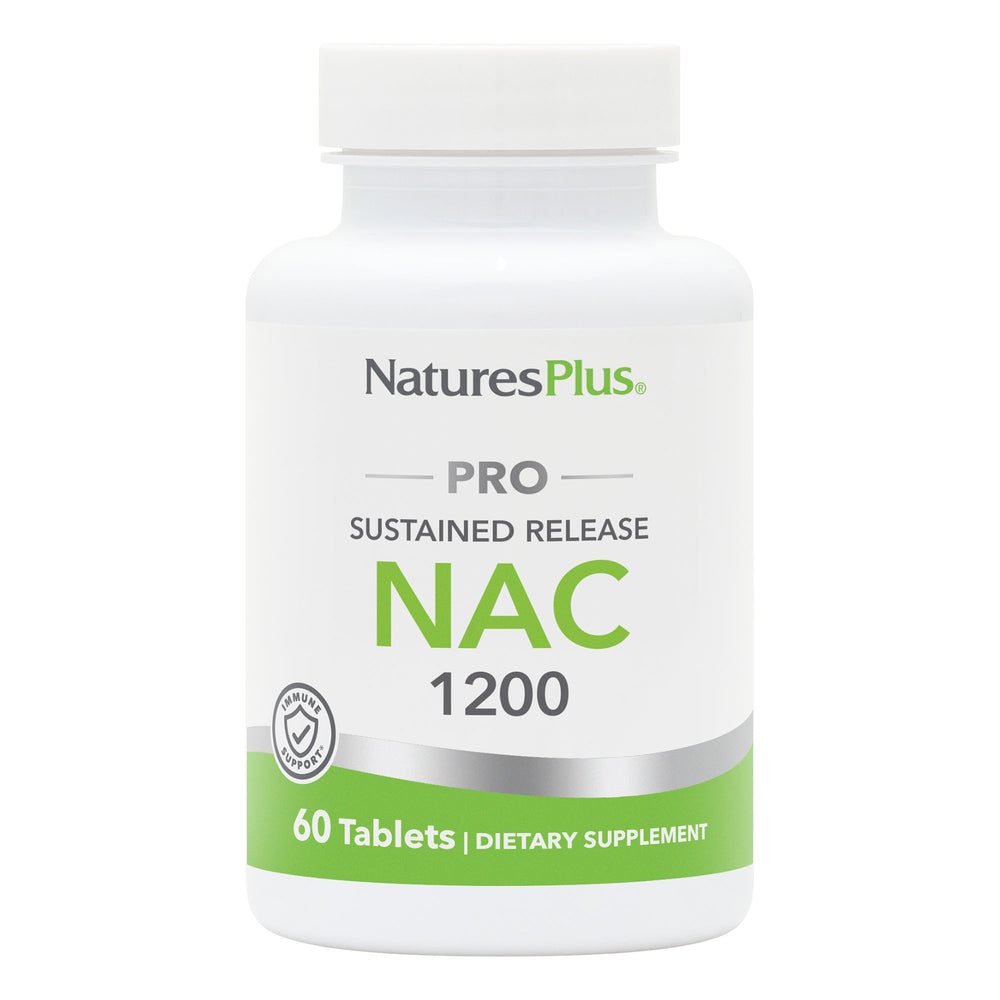The liver is the body’s silent servant: It quietly and unobtrusively performs hundreds of vital tasks...and often doesn’t show signs of distress until a problem has progressed. Here’s how to keep this vital organ healthy.
Avoid Alcohol
Your liver processes everything that enters your body, including alcohol...which can lead to serious liver issues if you drink enough of it. That’s why limiting your alcohol intake, if not eliminating it entirely, will help make your liver happy.
Reduce consumption by setting a limit before you go out and sipping drinks slowly, and find ways to socialize in which drinking doesn’t play a role. If you’re a woman, take note: Your liver is more susceptible than a man’s to alcohol’s harmful effects.
Smoking doesn’t do your liver any favors either. If you smoke, quit.
Reduce Sugar
Believe it or not, sugar is almost as bad for your liver as alcohol. It’s no accident thatnonalcoholic fatty liver disease (NAFLD), a buildup of fat within the liver, and type 2 diabetes often occur together.
Besides cutting out such obvious sources as pastry and candy, look for sugar hidden in processed foods. Any sugar you eat should come from moderate amounts of fruit, in which the sugar content is balanced out by fiber, water and valuable phytonutrients.
Maintain a Healthy Weight
Carrying excessive weight is a significantrisk factor for NAFLD.
One way to cut back on sugar and keep your weight under control is by switching to a Mediterranean diet, one that emphasizes plant-based foods, fish and poultry, and whole carbs—legumes, beans, chickpeas, etc.—instead of sugary stuff. (It does include red wine in moderate amounts; speak with your practitioner about balancing wine’s potential benefits against the potential harm caused by its alcohol content.)
A healthy diet should include healthy sources of fat, such as avocados, olive oil and such fatty fish as herring and salmon (which are also good sources of healthy omega-3 fats*These statements have not been evaluated by the Food and Drug Administration. This product is not intended to diagnose, treat, cure or prevent any disease.).
Exercise Consistently
Diet’s eternal partner, exercise, not only helps with weight control, butevidence suggests that it also benefits the liver directly.
Make a conscious effort to move more by getting a pedometer to count your steps. Or you can set a reminder on your computer or smartphone to get up and move throughout the day.
Yoga offers liver-loving poses such as Wide-Legged Forward Fold (the chair version) and Seated Side Twist. Consult a registered yoga teacher if you have any pre-existing conditions.
Reduce Your Toxin Exposure
It’s a poisonous world out there, and one of the liver’s most important jobs is protecting you from it. You can help your liver out by avoiding toxin intake as much as possible.
You can’t eliminate all risk, of course. But taking the following steps will help: Install a high-quality water filter, stay inside as much as possible if air pollution levels are high (and use air purifiers), use non-toxic cleaning agents (and properly dispose of old ones), hang dry-cleaned items outside to air them out and don’t let paints, solvents and similar substances come into contact with your skin.
In addition, some practitioners recommend periodic cleanses using fiber and other natural substances.*These statements have not been evaluated by the Food and Drug Administration. This product is not intended to diagnose, treat, cure or prevent any disease.
IMPORTANT DISCLAIMER
The information in this blog is provided for educational purposes only and is not a substitute for consultation with a doctor or qualified healthcare professional. Consultation with a doctor or qualified healthcare practitioner is strongly advised, before starting any regimen of supplementation, a change in diet or any exercise routine. Individuals who engage in supplementation to promote health, address conditions or support any structure or function of the body assume all risks. Women who are pregnant, especially, should seek the advice of a medical doctor before taking any dietary supplement and before starting any change in diet or lifestyle. Descriptions of herbs, vitamins, nutrients or any ingredients are not recommendations to take our products or those of any other company. We are not doctors or primary-source science researchers. Instead, we defer to the findings of scientific experts who conduct studies, as well as those who compile and publish scientific literature on the potential health benefits of nutrients, herbs, spices, vitamins or minerals. We cannot guarantee that any individual will experience any of the health benefits associated with the nutrients described. Natural Organics will not be held liable for any injuries, damages, hindrances, or negative effects resulting from any reliance on the information presented, nor will Natural Organics be held accountable for any inaccuracy, miscalculation or error in the scientific literature upon which the information provided is based.
Like this article? You’ll love our weekly newsletter
sign up here!
**These statements have not been evaluated by the Food and Drug Administration. This product is not intended to diagnose, treat, cure or prevent any disease.
